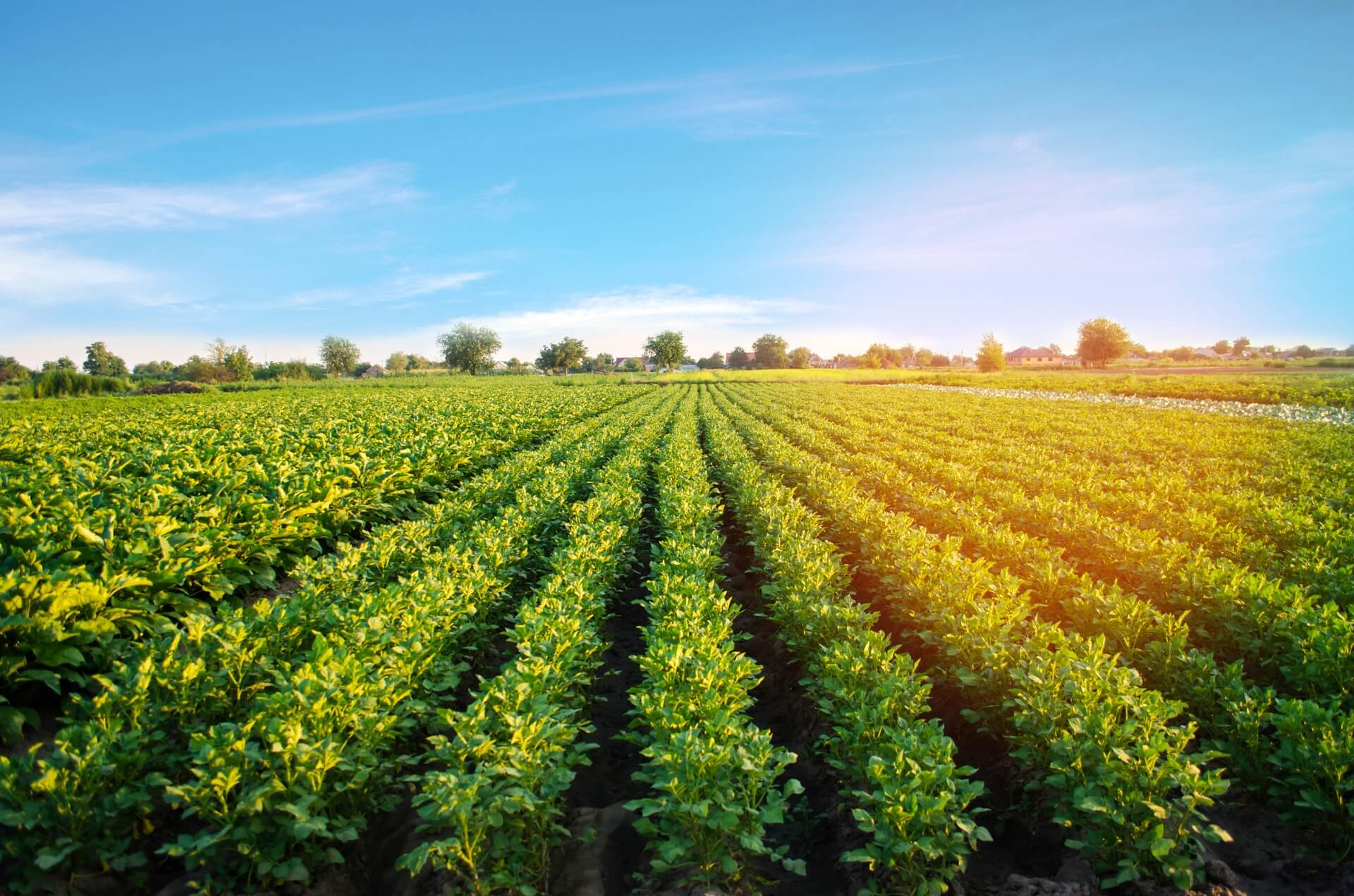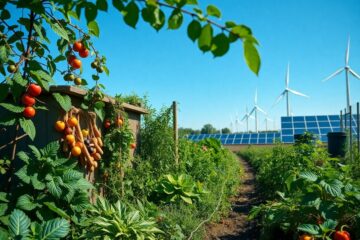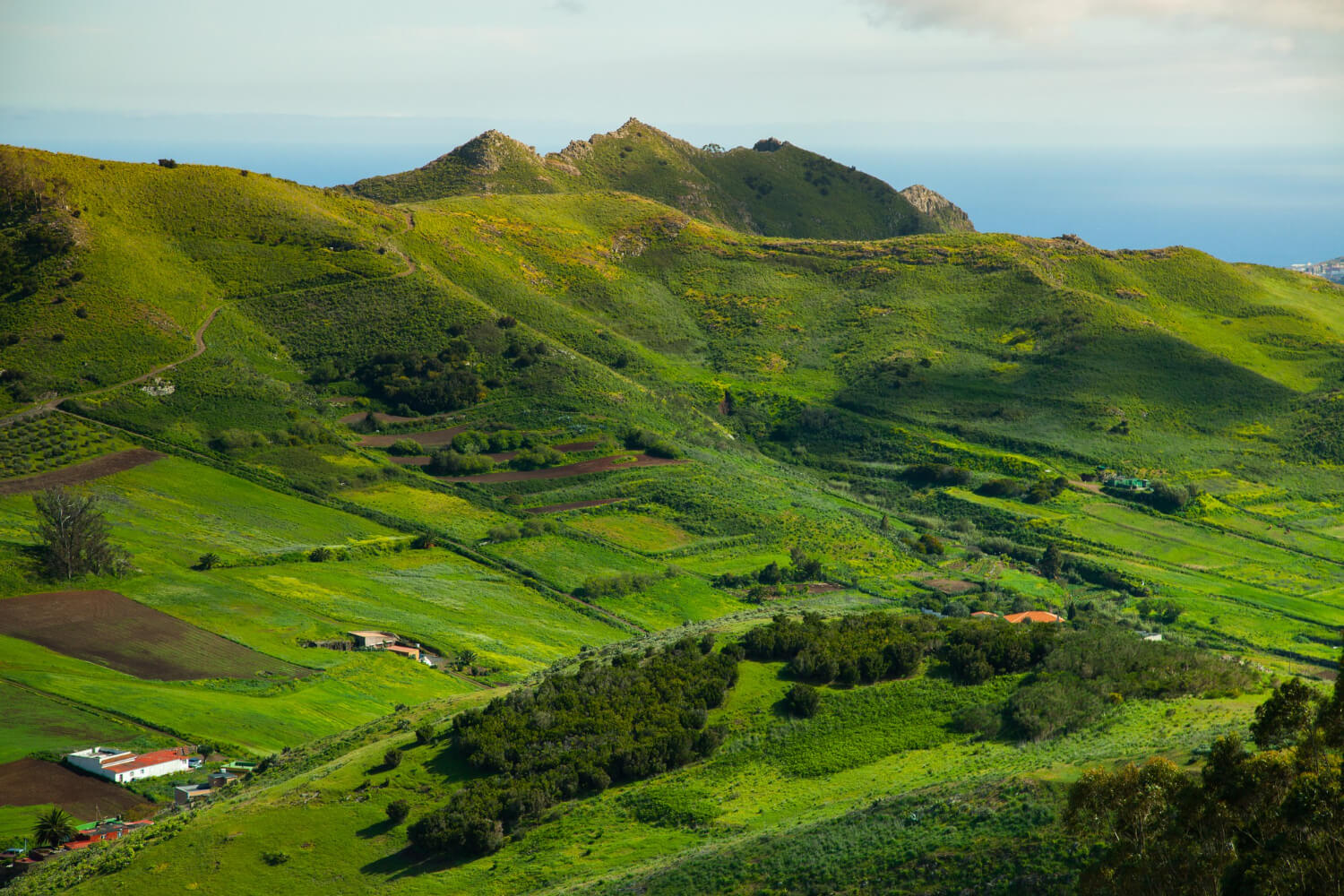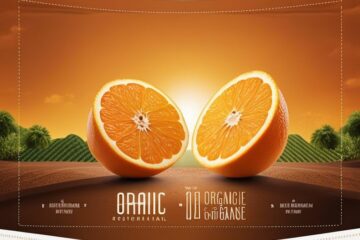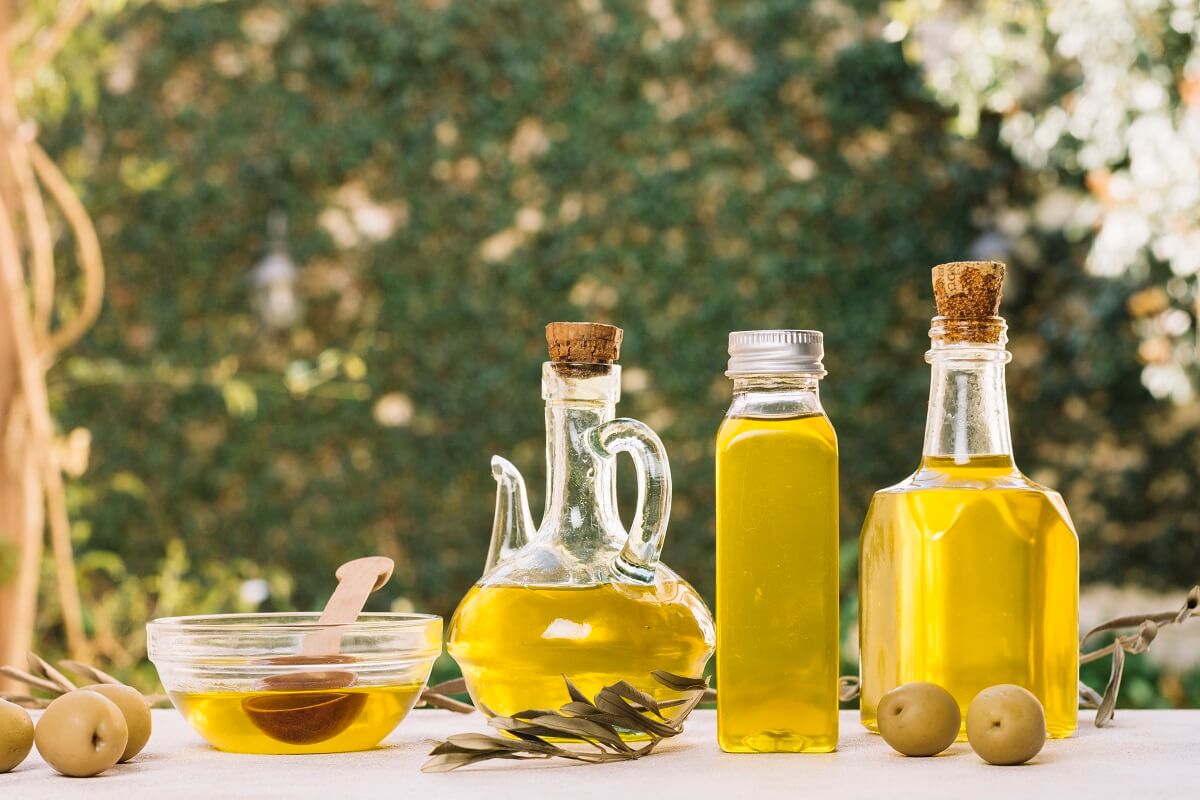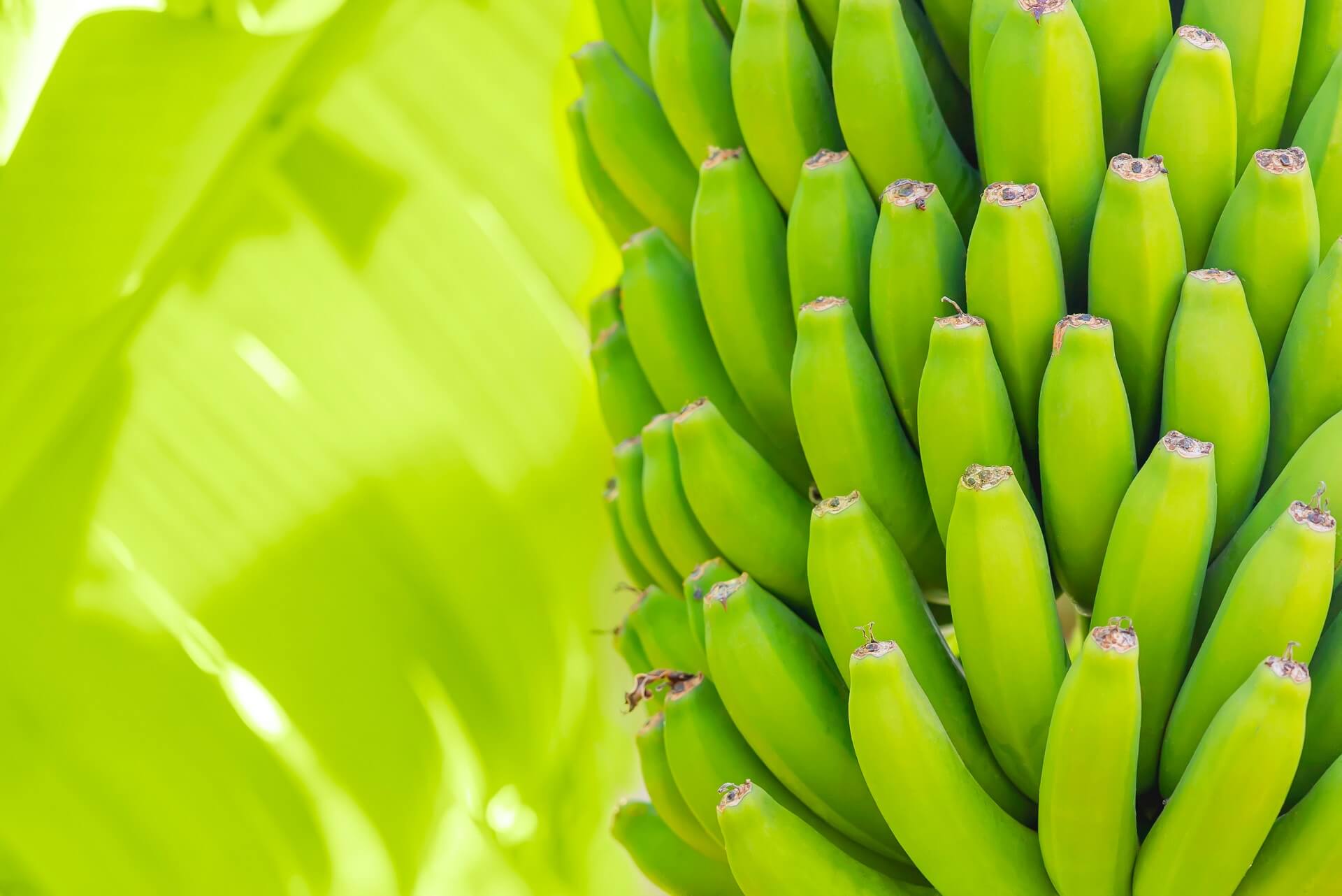Organic farming is defined as a farming system with sustainable plant and animal production. Organic production should combine environmentally friendly farming practices, support a high degree of biodiversity, use natural processes and ensure proper animal welfare.
Organic farming is a response to the changing structure of market demand. Consumers tend to choose organic products, want to buy them, and usually pay a higher price for them than for products that are not produced using such methods. More and more people appreciate the taste and quality of agricultural products grown without the use of chemical fertilizers.
Table of Contents
Organic farming – what is it about?
Organic farming is a farming method that reduces dependence on external inputs by stimulating biological production mechanisms within the farm. Organic farming radically restricts the use of industrially manufactured or processed products, even if they are analogues of substances found in nature. The assumption of this system is to imitate the processes taking place in natural ecosystems – both in terms of qualitative (type of substances introduced into circulation) and quantitative (level of intensity).
In organic farming, self-regulating natural cycles produce crops of high biological quality, comparable to the quality of raw materials from natural ecosystems.
Basic principles of eco-farming
The detailed production criteria serve to achieve the three basic goals of organic farming. The first is to maintain a high level of humus, which determines soil fertility. Second, maintaining the biological balance of the production environment by fostering bio-diversity. The third aspect is feed and fertilizer self-sufficiency, i.e. striving to close the cycle of matter on the farm by balancing plant and animal production.
Growing plants in harmony with nature
In plant cultivation, a properly planned crop rotation with several years of rotation (at least four years), with the participation of legumes in the main crop, including undersowns and catch crops protecting the soil against erosion, is of key importance.
The basis of fertilization is humus obtained in the process of composting manure and / or other organic materials of plant and animal origin (manure, if not composted – must be pre-decomposed).
Organic fertilizers should be produced on the farm or come from other organic farms. Limited purchase of organic fertilizers from low-intensity conventional farms is allowed, and they should be composted on the organic farm.
Processing in organic farming
Processing and further stages of dealing with eco-products are aimed at preserving, as much as possible, the original quality of organic agricultural products.
Traditional mechanical, physical and fermentation methods are allowed, as well as a limited number of additives that have been tested over the years. The processing cannot use synthetic additives and adjuvants, such as dyes, emulsifiers, stabilizers, preservatives, antioxidants, coatings, etc. Microorganisms changed by genetic engineering (GMOs) and their products cannot be used in eco-agricultural processing. Food irradiation is prohibited.
The storage must guarantee appropriate storage conditions for the goods. Storage rooms must not be treated with pesticides; toxic building materials, paints, etc. are excluded.
Organic farming certification
The positive impact of ecological production methods on the environment and on food quality is not revealed externally in the products. In order for the consumer to be able to correctly recognize them on the market, an unambiguous system of their identification is necessary. Special labelling is not needed when the purchase is made directly from the producer, but when organic products are placed on the market on an anonymous market – it is necessary to certify compliance with the criteria through a certification system.
Why is it worth eating organic products?
All real organic products must be produced with attention to the smallest detail. Farmers cannot use pesticides during the production and storage of products. Such products cannot contain even trace amounts of substances that are hazardous to health, such as glyphosate. If there are no healthy vegetables and fruits available in your region, you might want to think about starting a small farm on your own.
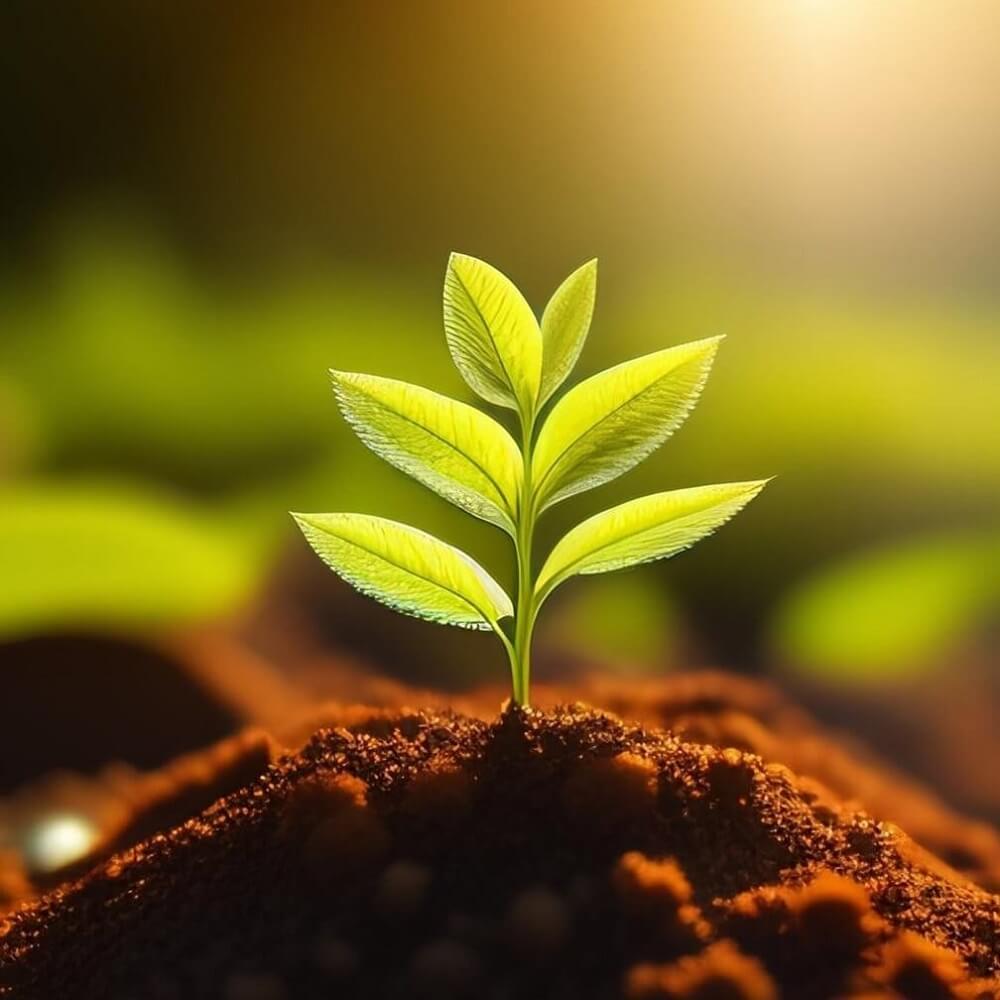
Our contributing author is a passionate advocate for eco-friendly living and sustainability. With a background in eco-life, they are dedicated to inspiring and empowering individuals to adopt environmentally conscious lifestyles. Through insightful articles, they share practical tips, innovative solutions, and thought-provoking perspectives to promote a greener, more sustainable world. Join them on the journey towards eco-smart living and discover how small choices can make a big impact. 🌱

